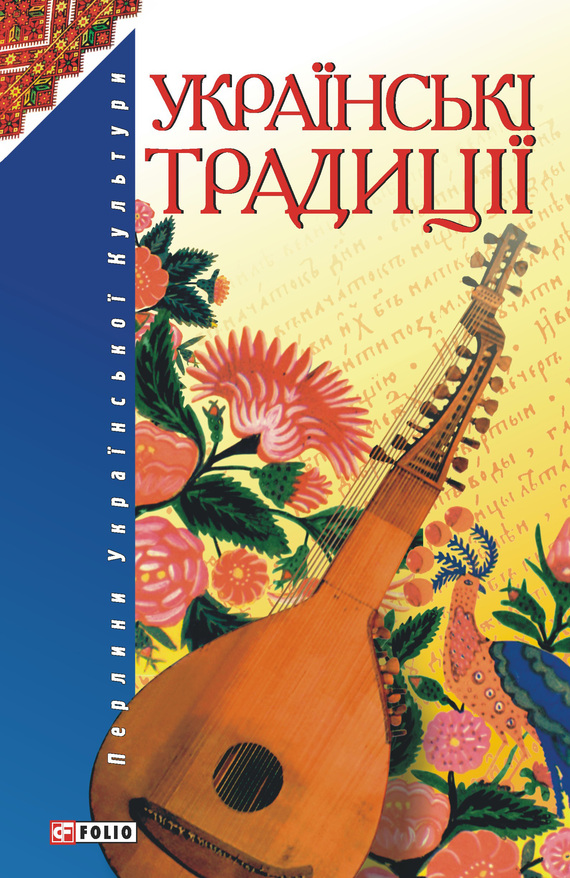Читати книгу - "Genghis Khan and the Making of the Modern World"
Шрифт:
Інтервал:
Добавити в закладку:
The Kereyid, and the Naiman to the west, represented not just larger political units but more developed cultures tied, ever so tentatively, into the commercial and religious networks of central Asia via their conversion to Christianity several centuries earlier by missionaries of the Assyrian Church of the East. Without churches or monasteries among the nomads, the tribal branch of Christianity claimed descent from the Apostle Thomas and relied on wandering monks. They practiced their religion in sanctuaries located in gers, and de-emphasized theology and rigidity of belief in favor of a varied reading of the Scriptures combined with general medical care. Jesus exercised a strong fascination for the nomads because he healed the sick and survived death. As the only human to triumph over death, Jesus was considered an important and powerful shaman, and the cross was sacred as the symbol of the four directions of the world. As a pastoral people, the steppe tribes felt very comfortable with the pastoral customs and beliefs of the ancient Hebrew tribes as illustrated in the Bible. Perhaps above all, the Christians ate meat, unlike the vegetarian Buddhists; and in contrast to the abstemious Muslims, the Christians not only enjoyed drinking alcohol, they even prescribed it as a mandatory part of their worship service.
After leaving his bride, Borte, with his mother in their ger, Temujin set out with his brother Khasar and half brother Belgutei to take the coat to the Christian Ong Khan, who eagerly accepted the gift, thereby signifying that he acknowledged each of them as a sort of stepson. The khan offered to make Temujin a local leader over other young warriors, but in a telling display of his lack of interest in the traditional system, Temujin declined. Instead, he seemed only to want the khan’s protection for his family, and with that assured, he and his brothers returned to their encampment on the Kherlen River. There, the young groom sought to enjoy his hard-earned time with his bride and family.
The many troubles of Temujin’s early years must have seemed behind him and his family now that everyone was old enough to work in some way. In addition to his brothers, Temujin’s household expanded to include two other young men. Boorchu had joined the group after a chance encounter while Temujin was tracking some stolen horses; Jelme was apparently given to Temujin by his father, although the Secret History does not explain why. With these two additions, the camp consisted of seven teenage boys to hunt and protect the group. In addition to his bride, Borte, Temujin’s household also included his sister and three older women: his mother, Hoelun, who was matriarch, as well as Sochigel, the mother of Temujin’s half brother Belgutei, and yet another old woman of unknown origin who stayed with them.
According to the account of the Secret History, Temujin would have preferred to remain simply the ruler of this intimate clan, but the roiling world of tribal attack and counterattack all around them would not allow so idyllic a life. For generations stretching back through hundreds of years, the tribes of the steppes had been preying on one another mercilessly. The memory of past transgressions lingered. An injury inflicted on any family within a tribe served as a license for retribution, and it could serve as a pretext for a raid even after many years. No matter how isolated they might attempt to be, no group such as Temujin’s could go unaccounted for, or untouched, in this world of continual turmoil.
After all his family had already suffered, now, after eighteen years, the tribe from which Temujin’s mother had been abducted, the Merkid, decided to seek their vengeance for that slight. The Merkid came not to reclaim Hoelun, the widow who had grown old struggling to raise her five children, but after Borte, Temujin’s young bride, who would serve to repay the kidnapping of Hoelun from them. The alliance he had so shrewdly made with Ong Khan was to prove decisive in Temujin’s response to this crisis, and the challenges of the Merkid would prove the decisive contest that would set him on his path to greatness.
2
Tale of Three Rivers
The banner of Chingiz-Khan’s fortune
was raised and they issued forth.
A
TA-
M
ALIK
J
UVAINI,
Genghis Khan: The History of the
World Conqueror
EARLY ONE MORNING AS the family slept in their ger, which stood alone on an isolated steppe in the upper reaches of the Kherlen River, a raiding party of Merkids raced toward them. The old woman the family had taken in lay with her head on the ground, but as old women often do, she passed much of the predawn hours drifting in and out of a fitful sleep. As the horses drew nearer, she sensed the vibrations of their hooves on the ground. Suddenly snapping out of her sleep, she shouted with alarm to rouse the others. The seven boys sprang up, scrambled frantically to put on their boots, and raced out to their horses, hobbled nearby. Temujin fled with his six companions and his mother and sister, leaving behind his new bride, his stepmother, Sochigel, and the old woman who had saved
Увага!
Сайт зберігає кукі вашого браузера. Ви зможете в будь-який момент зробити закладку та продовжити читання книги «Genghis Khan and the Making of the Modern World», після закриття браузера.




